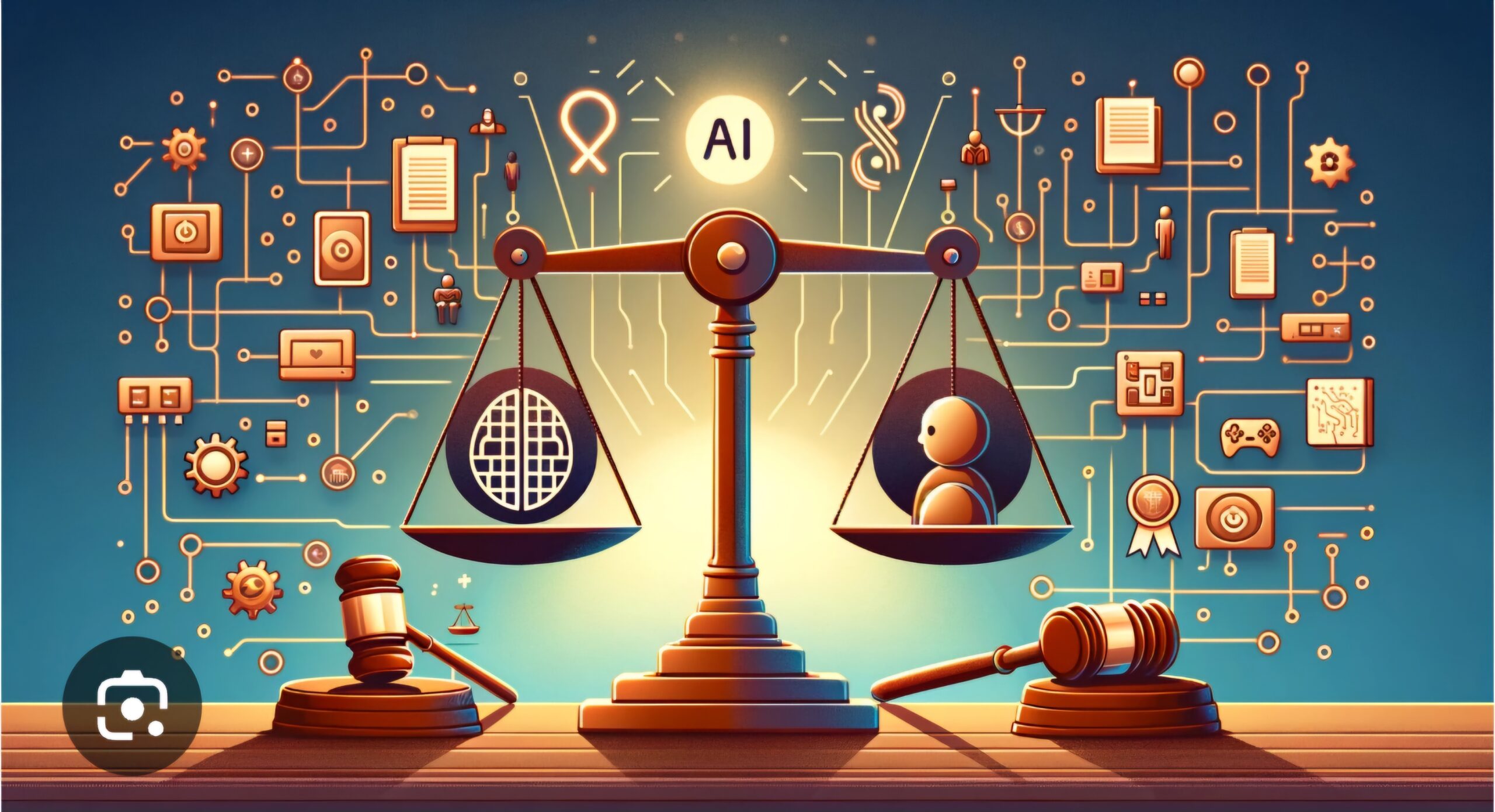Undoubtedly, Artificial Intelligence (AI) transforms education by enhancing learning experiences, optimizing administrative tasks, and offering personalized instruction. In this respect, recent developments have demonstrated that AI-driven tools are no longer just supplementary; they are becoming central to modern educational systems. In recent years, AI-powered platforms have become more sophisticated, offering personalized learning experiences, automating grading, and providing new ways to engage students.
One of the most significant uses of AI in education is personalized learning. AI algorithms can analyze a student’s learning style, strengths, and weaknesses, then tailor educational content to suit individual needs. For instance, platforms like Dream Box and Carnegie Learning are using AI to track student performance and adjust lessons accordingly. This approach ensures that students receive instruction at their own pace, making learning more efficient and effective.
Moreover, AI is increasingly being used in administrative roles to streamline operations within educational institutions. Tasks such as grading, scheduling, and tracking attendance are now automated more effectively than before with AI tools, reducing the workload on teachers and administrative staff. AI-based grading tools, such as Grade scope, cater for faster and more consistent evaluation of student work, providing timely feedback and allowing educators to focus more on teaching.
Language learning is another area where AI is making significant strides. Tools like Duolingo use AI to customize language lessons for users, adapting to their progress and providing personalized exercises. These platforms also utilize AI to analyze pronunciation and grammar, helping students improve their language skills more effectively than traditional methods. The productive skills of any language; i.e., speaking and writing are highly boosted through the use of AI chat tools such as ChatGPT provided the content is used effectively and ethically.
Additionally, AI can be used to enhance accessibility in education. For students with disabilities, AI-powered tools such as speech recognition and text-to-speech technology can bridge gaps in communication and learning. For example, Microsoft’s Immersive Reader is an AI tool that helps students with dyslexia or visual impairments by reading text aloud, adjusting the font size, and highlighting key points, ensuring that learning is inclusive for all students.
AI-powered chatbots are also becoming common in education, providing students with real-time assistance. Universities such as Georgia State University have implemented AI-driven chatbots to answer student queries, ranging from financial aid to course registration. These chatbots are available 24/7, allowing students to access information at any time, thereby improving engagement and reducing administrative burdens.
Despite these advantages, there are ethical considerations surrounding the use of AI in education. One concern is data privacy. AI tools require large amounts of student data to function effectively, raising questions about how this data is stored and used. Ensuring compliance with regulations such as the General Data Protection Regulation (GDPR) and the Family Educational Rights and Privacy Act (FERPA) is crucial to maintaining student privacy and trust.
Another concern is the potential for bias in AI algorithms. If AI tools are trained on biased data, they may perpetuate inequalities in education, particularly in terms of assessment and resource allocation. Ensuring that AI systems are designed with fairness and equity in mind is essential to prevent these tools from exacerbating existing disparities in the education system.
AI also brings challenges for educators in terms of training and adoption. Teachers need to be trained on how to use AI tools effectively to enhance learning without becoming overly reliant on technology. Professional development programs focused on AI literacy are necessary to help educators integrate AI into their teaching practices meaningfully.
The latest findings on AI in education highlight both its transformative potential and the challenges it brings. AI’s ability to personalize learning, automate administrative tasks, and improve accessibility makes it a valuable tool for modern education. However, ethical considerations regarding data privacy, algorithmic bias, and the need for teacher training must be addressed to ensure that AI benefits all students equitably. In a nutshell, as AI continues to evolve, its role in education will likely expand, making it essential to balance innovation with thoughtful implementation.





